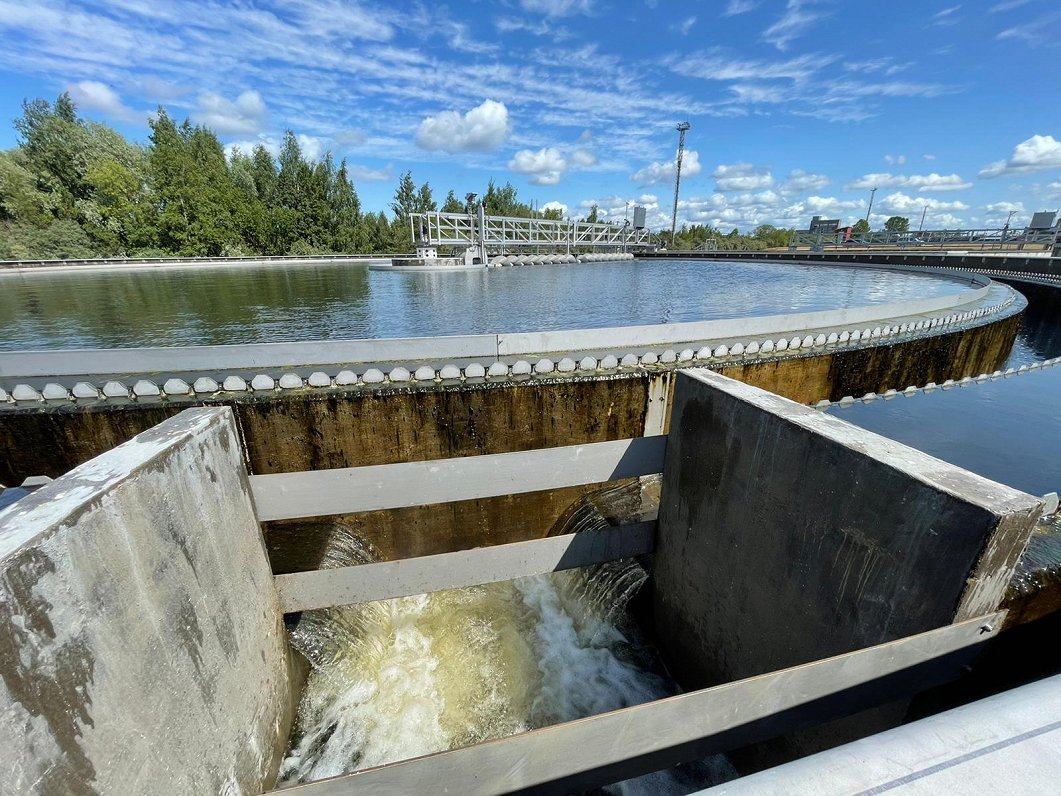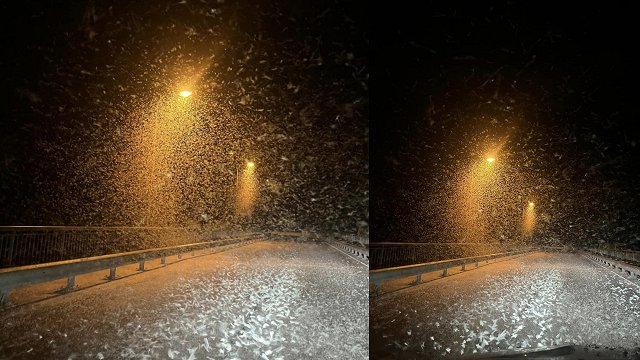State budget money has been allocated for studying wastewater in six big cities of Latvia – Jūrmala, Rēzekne, Jelgava, Liepāja, Valmiera and Rīga.
Head of the biological purification station Daugavgrīva, Māris Zviedris, said: “The wastewater from the whole city of Rīga and the nearby agglomerations comes to our site. In principle, together with the population's physiological waste, the dead genome of this virus is not infectious in nature, but it is possible to determine the level of distribution in the city at present.”
Sampling of wastewater is organized and coordinated by the Water Research and Environmental Biotechnology Laboratory of Riga Technical University (RTU). Its lead researcher, Sandis Dejus, said that this method is safe because the residues of Covid-19 in the wastewater are not contagious and not visible to the eye.
“The volume analyzed is small enough. But for us to get a representative sample from the entire cut of the day, then a sample of about 200 milliliters is collected every hour, which is then analyzed at laboratory facilities. The first sampling is starting this week,” Dejus said.
Coronavirus traces in the wastewater can be observed before the symptoms appear in a human, as already found in a study in Kuldīga right before a big outbreak. Increasing coronavirus concentrations in wastewater can allow timely predicting of an outbreak of infection in a given area. This would also allow epidemiologists to react and, if necessary, introduce additional safety measures.
In addition to the six big cities of Latvia mentioned above, the number of monitoring participants is expected to grow further.





























